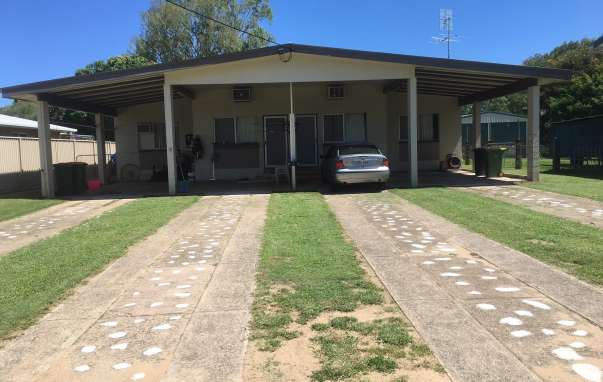What Is A Rental Suitability Evaluation And Why Is It Important?
Body
Renting out a property can be both rewarding and risky. To minimise the chance of tenant-related problems, landlords need to take proactive steps when assessing applicants. One of the most effective tools for private landlords is a rental suitability evaluation. This process involves thoroughly reviewing a tenant’s qualifications to determine if they are a good fit for the property. When done properly, a rental suitability evaluation helps landlords make informed decisions and maintain a smooth, trouble-free tenancy.
For landlords using platforms like For Sale By Home Owner, having a clear system for evaluating rental suitability ensures that your investment is protected while still offering applicants a fair and transparent process. Let’s explore what a rental suitability evaluation is, how it works, and why it’s so important.

What Is a Rental Suitability Evaluation?
A rental suitability evaluation is a structured process landlords use to assess whether a rental applicant meets the financial, behavioural, and legal standards required to rent a property. It involves gathering relevant information from the prospective tenant and verifying it against specific criteria. These criteria typically include:
- Rental history and landlord references
- Employment and income verification
- Credit checks
- Criminal background checks (if applicable)
- Lifestyle factors (such as pet ownership or number of occupants)
- Ability to follow lease terms
Essentially, it’s a checklist that helps landlords weigh each application fairly and systematically.
Why Is It Important?
The importance of conducting a rental suitability evaluation lies in reducing risks and improving the rental experience for both the landlord and tenant. Here are the key benefits:
1. Protects Your Investment
Your property is a valuable asset. By evaluating applicants thoroughly, you reduce the likelihood of late payments, property damage, or lease violations. A tenant who meets your criteria is more likely to care for the property and treat the rental agreement seriously.
2. Encourages Responsible Tenants
A formal evaluation process signals to applicants that you are a professional and take the tenancy seriously. This helps attract responsible tenants who are prepared to meet expectations, provide references, and supply documentation.
3. Reduces Risk of Disputes
When you assess every applicant using the same criteria, you avoid decisions based on emotion or assumptions. A fair, consistent evaluation protects you from accusations of discrimination and helps prevent misunderstandings during the lease period.

4. Helps with Legal Compliance
In many regions, tenancy laws require landlords to act fairly and non-discriminatorily. A rental suitability evaluation provides a documented process that supports compliance with these regulations. Using a platform like For Sale By Home Owner also gives you access to application forms and tools that align with local laws.
How to Conduct a Rental Suitability Evaluation
To conduct a strong rental suitability evaluation, follow these steps:
1. Set Your Criteria in Advance
Before reviewing any applications, define your non-negotiables. This might include a minimum income threshold, a clean rental history, or no major credit issues. Knowing your standards in advance keeps the process consistent.
2. Use a Detailed Application Form
Collect key information using a comprehensive application form. This form should ask for employment details, rental history, references, and consent for background checks.
3. Verify All Information
Follow up on the details provided. Call references, confirm employment, and run any necessary credit or background checks. Don’t rely solely on what’s written—verification is crucial.
4. Compare Applicants Objectively
If you have multiple applicants, assess them side-by-side using your evaluation criteria. Create a scoring system if needed, and document your reasoning to stay transparent and fair.
5. Communicate Clearly with Applicants
Let applicants know what to expect during the evaluation process. If they’re unsuccessful, a polite explanation and a brief reason can help maintain professionalism and transparency.
Final Thoughts
A rental suitability evaluation is an essential part of the tenant selection process. It gives landlords the tools to choose applicants who are financially stable, responsible, and respectful of property rules. By conducting a thorough and fair evaluation, you increase the chances of a stress-free tenancy and reduce the likelihood of costly problems.
With help from For Sale By Home Owner, private landlords can manage their properties with confidence. From listing your property to screening applicants, the platform provides everything you need to make informed decisions and find the right tenant for your rental.






Comments